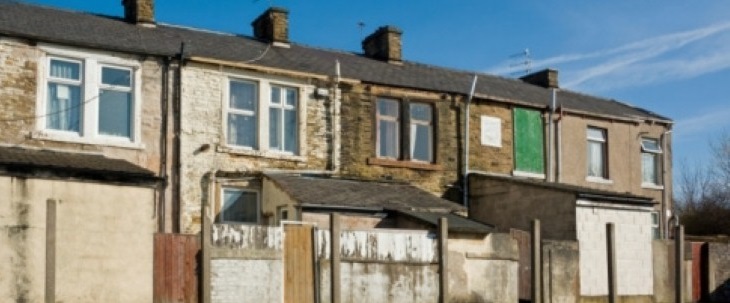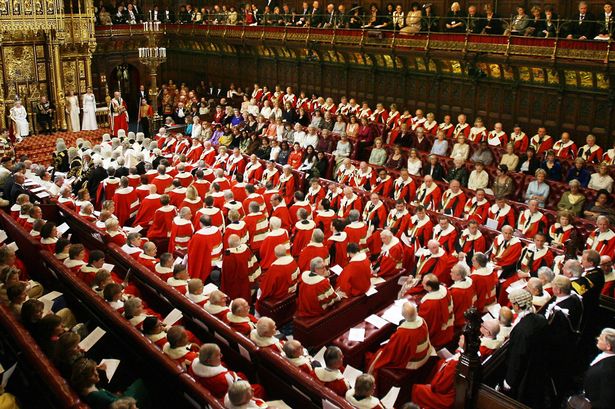
60% of renters in London live in unacceptable conditions according to a survey carried out by YouGov and the housing charity Shelter.
The survey of 739 private renters in London between 13th June and 22nd July 2015 found that around 60%, equivalent to around 1.5 million Londoners, have experienced problems in the past year. According to the survey with vermin and damp commonly reported problems were found to be:
- Damp or mould (39% of renters)
- Poor insulation or excess cold (26%)
- Animal infestations such as mice and cockroaches (25%)
- Problems with a leaking roof or windows (18%).
In addition to poor disrepair, a significant fraction of renters had experienced unsafe conditions with 14% reporting electrical problems and 15% living in homes which are poorly secured. Most worrying were the 3% of renters who reported gas leaks. According to the English Housing Survey 2013/14, 16.5 per cent of private rented homes fail the Government’s minimum standard under the Housing Health and Safety Rating System.
The poor state of rental housing stock in the capital stands in stark contrast the the cost of rented accommodation with the average London renter paying just under 60% of their income on rent.
The seriousness of the rental crisis in the capital and across the country as a whole has led renters rights groups to campaign for the introduction of greater council powers to address disrepair in the private rental sector.
Other proposed initiatives include the establishment of landlord licensing to better protect renters from rogue landlords and letting agents. Landlord and property licencing is currently mandatory for large HMOs (homes in multiple occupation) although there are calls to extend this regime to all HMOs irrespective of size and to other private rented accommodation.


